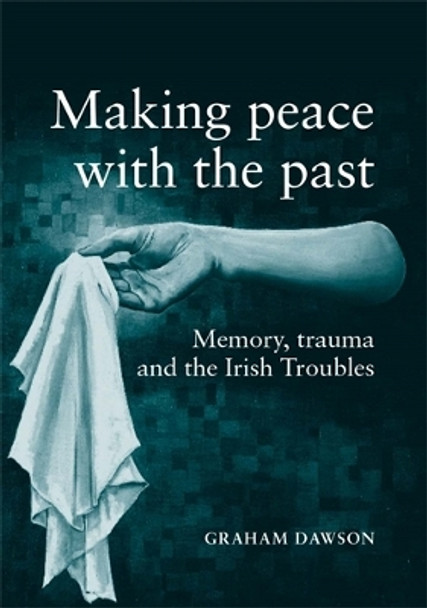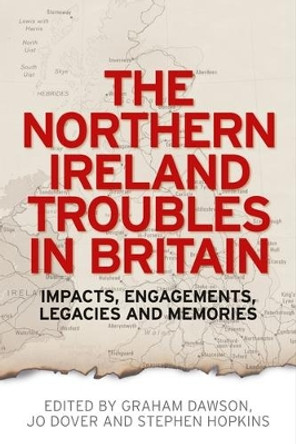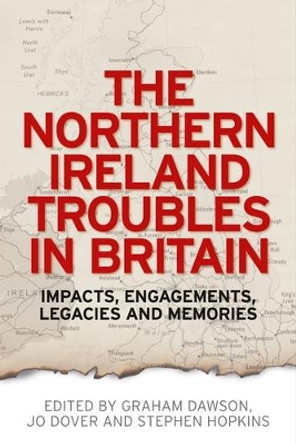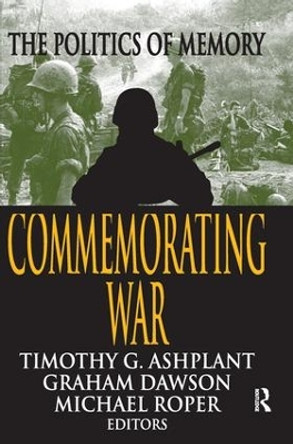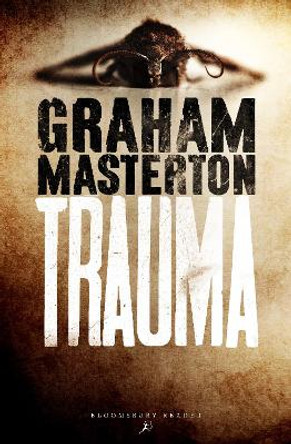Description
This book explores the psychic, cultural and political ramifications of memory within the Irish Troubles. It investigates the traumatic impact of the violence perpetrated since 1969; the antagonistic cultural narratives of memory fashioned and mobilised in this context within public and private arenas; and the conflicts, paradoxes and contradictions involved in 'coming to terms with the past' both before and during the Irish peace process initiated in 1993-94.
The study focuses on personal and collective remembrance within two particular locations: the Unionist communities along the Irish Border, and nationalist Derry. It traces the formation from below of competing public narratives, one concerned with the 'ethnic cleansing' of Protestants by the Irish Republican Army, the other with British state violence on Bloody Sunday; and analyses their subjective roots in specific experiences of fear and loss, their role in ideological struggle, and their complicated relation to private, familial and individual remembering.
About the Author
Graham Dawson is a Reader in Cultural History at the University of Brighton. His research has focused on the inter-relations between cultural memory, narrative and identity, and on the memory of war in modern times. He is author of Soldier Heroes: British Adventure, Empire and the Imagining of Masculinities (Routledge, 1994), and a co-editor and contributor to Trauma: Life Stories of Survivors and Commemorating War: The Politics of Memory (both Transaction, 2004; first published in the Routledge Memory and Narrative series).
Reviews
Dawson's book... stands head and shoulders above anything so far published on this vexed subject... it also extremely timely...' -- .
Book Information
ISBN 9780719056727
Author Graham Dawson
Format Paperback
Page Count 416
Imprint Manchester University Press
Publisher Manchester University Press
Weight(grams) 585g
Dimensions(mm) 234mm * 156mm * 22mm

